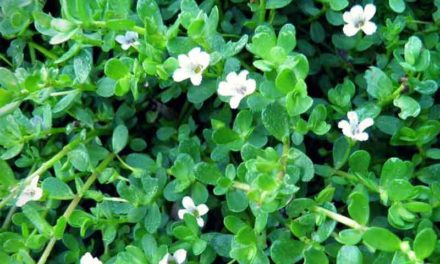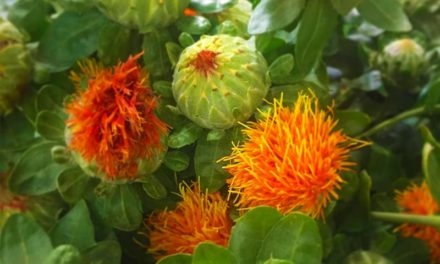Ginkgo is a big tree that can be easily recognized due to its fan-shaped leaves. Despite the fact that it is originated in Asia, including Korea, Japan and China, the tree can also be found in Europe since around 1730 and in the United States since around 1784.
The gingko leaves and the fruits are used for therapeutic purposes. The therapeutic efficiency of this medicinal plant is closely related to the presence of some active ingredients found in sufficient quantities. For this reason, there have been developed the so-called standardized extracts with active substances that are precisely dosed and placed in tablets, tinctures, capsules and syrups that we find in natural pharmacies.
The gingko Biloba leaf is a real reservoir of active compounds such as flavonoids, organic acids and phenolic substances.
Taking gingko leaf orally is a good way of treating disorders such as Alzheimer’s disease. Moreover, it is used for conditions that arise from reduced blood flow to the brain, especially in the elderly, and they include memory loss, vertigo, headache, rising in the ears, dizziness, difficulty to stay focused, mood disturbances and hearing problems. Also, the Gingko Biloba leaf helps people treat conditions that target poor blood flow, leg pain when walking and Raynaud’s syndrome (occurs during a cold and manifests itself through pain in the fingers and toes).
In traditional medicine, this herb is used to treat circulatory disorders and enhance memory. Thus, the Gingko Biloba extract can be utilized mostly for diseases associated with decreased blood flow in the brain, especially in the elderly.
It also improves blood circulation by dilating blood vessels and reducing the “gluing” of the platelets, thus decreasing the risk of blood clot formation.
Gingko Biloba supplements are among the best-selling herbal medicines available today.
Gingko Biloba leaves contain two types of chemicals – flavonoids and terpenoids, which are said to have antioxidant properties. Specifically, they combat free radicals, which are compounds that affect the functioning of the human body. The antioxidants present in these leaves can neutralize free radicals and even help prevent some of the damage caused by them.
Also, Gingko Biloba is known for its positive effect on brain functioning, including mental alertness, memory improvement, reduction of mental fatigue and overall tiredness.
Other benefits that Gingko Biloba provides include:
- It increases the metabolism efficiency, regulates the neurotransmitters and boosts the oxygen levels in the brain.
- It can be used to help maintain the cholesterol under control, which is usually linked to the hardening of the arteries and it contributes to the relaxation of the contracted vessels.
- This medicinal plant has been proven to help treat impotence and infertility in men.
- Ear disorders and ocular affections also benefit from the beneficial effects of Gingko Biloba on the circulatory system.
- Organ damage caused by free radicals can be stopped by consuming Gingko Biloba. This plant also blocks the “gluing” of the platelets, which are an activation factor in some diseases of the skin such as psoriasis.
- The Gingko seeds include particular substances that can kill that bacteria and fungi causing infections in the body.
Resources:






